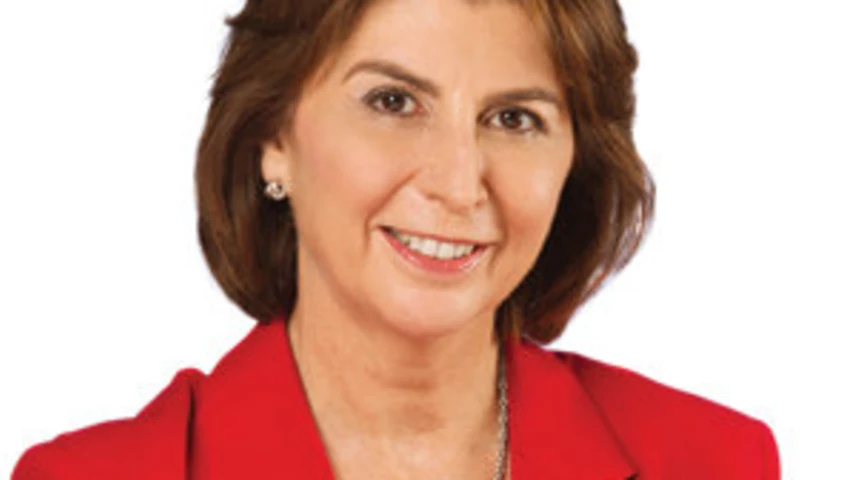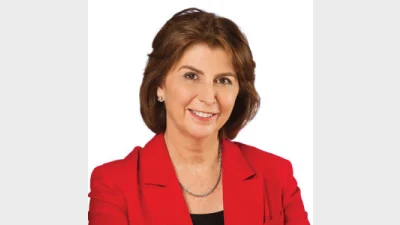SMSF property spruikers need regulation: ASFA



Property marketers who try to incentivise self-managed superannuation fund (SMSF) customers with overseas holidays should be bound by the same regulations as other financial advice providers, an industry body believes.
The Association of Superannuation Funds of Australia (ASFA) echoed previous calls for tougher licencing restrictions after reports emerged of SMSF members receiving sweeteners in exchange for buying property through a certain fund.
And while most financial advice providers are required to hold Australian Financial Services Licences for consumer protection purposes, the same regulations do not apply to residential and other property marketers, according to ASFA.
"For some time now ASFA has been concerned about the growing number of people being targeted by schemes which offer attractive incentives up front at the expense of good retirement outcomes down the track," ASFA CEO Pauline Vamos said.
"Such schemes run the risk of falling foul of the sole purpose test that applies to all SMSFs. As well, provision of large incentives indicates that a property is not being sold at a fair market price.
"With more and more people entering the SMSF sector each day, it's critical the regulators address the growing concern the community has around its governance, and ensure professionals working in this area are licensed appropriately."
Vamos said SMSFs should be selected with the sole intention of generating suitable retirement outcomes.
"Prudent management of concessionally-taxed superannuation contributions is essential to ensuring we have a system that is sustainable now and into the future," she said.
Recommended for you
Superannuation fees have continued their multi-year decline, as fund consolidation and index investing deliver scale efficiencies for members.
Super funds demand fast passage of payday super laws, while small business advocates warn of cash flow pressures and compliance risks.
The superannuation industry could move faster on personalisation, according to MLC, and the fund has identified three core areas where it will be focusing its personalisation efforts over the next 12 months.
The Actuaries Institute has released a framework to help super funds deliver affordable guidance and advice to millions approaching retirement.









